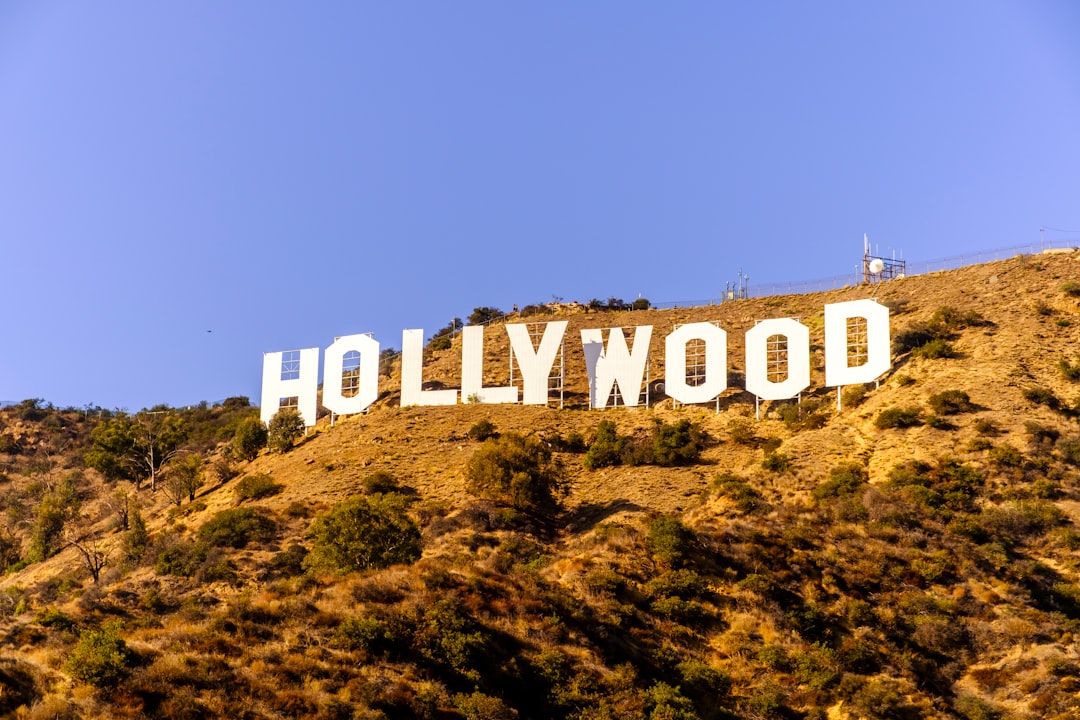Summary: The entertainment industry is at a crossroads as AI technology advances rapidly. While Silicon Valley, led by companies like OpenAI, embraces AI tools such as the Sora app to empower creators, Hollywood remains uncertain about how to address the challenges and risks posed by AI—especially regarding copyright and intellectual property. The music industry shows a more unified and proactive approach, suggesting a possible path forward for other sectors in entertainment.
A Tale of Two Industries: Silicon Valley vs. Hollywood
This week offered a revealing glimpse into the contrasting perspectives between Silicon Valley and Hollywood on artificial intelligence. At OpenAI’s DevDay, CEO Sam Altman introduced the new Sora app, designed as a gift to content creators. Altman emphasized that OpenAI might even be too cautious by restricting certain AI-generated video content, highlighting the potential for AI to deepen connections between creators and fans—comparing it to a new generation of fanfiction.
OpenAI’s Bold Move with the Sora App
The Sora app quickly gained traction, hitting 1 million downloads shortly after its release. OpenAI’s approach involves training AI models on existing intellectual property (IP), a move that has sparked controversy. Despite concerns, Altman and OpenAI seem to be following a familiar tech industry playbook: pushing forward aggressively and seeking forgiveness rather than permission.
Hollywood’s Uncertain Stance on AI
At Bloomberg’s Screentime event in Los Angeles, media executives, agents, and studio heads expressed a mix of excitement and apprehension about AI’s impact. Paramount Skydance CEO David Ellison described AI as a “new pencil” for creation, focusing on its potential as a tool rather than addressing deeper concerns. Netflix co-CEO Greg Peters sidestepped direct questions about Sora, instead highlighting AI’s behind-the-scenes uses in production. Meanwhile, many in Hollywood repeatedly emphasized their commitment to copyright but struggled to articulate a clear strategy for dealing with AI’s rapid advances.
Music Industry Leads the Way in AI Adaptation
In contrast, Warner Music CEO Robert Kyncl took a firmer stance, insisting that AI training must involve licensed content and warning of consequences for those who ignore these rules. The music industry’s consolidated structure and prior experience with digital disruptions like streaming have positioned it to engage more effectively with AI challenges. Kyncl even expressed optimism that AI could ultimately benefit the music business, drawing parallels to how YouTube evolved into a major distribution platform after resolving copyright issues.
The Road Ahead: Collaboration or Conflict?
The lack of unified action from Hollywood’s major players suggests that AI companies will continue to push boundaries, often without prior consent. OpenAI’s decision to train Sora on existing content was deliberate, reflecting a broader tech industry trend of prioritizing innovation speed over immediate legal or ethical consensus. As AI continues to reshape entertainment, the industry faces a critical choice: collaborate with tech innovators to shape AI’s future responsibly or risk being overwhelmed by rapid technological change.
Follow topics and authors from this story to see more like this in your personalized homepage feed and to receive email updates.
